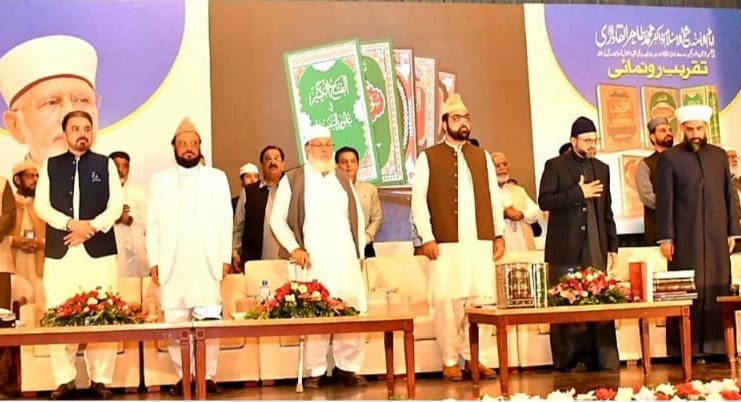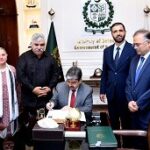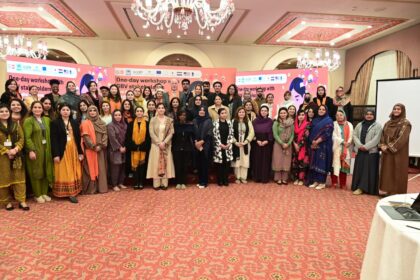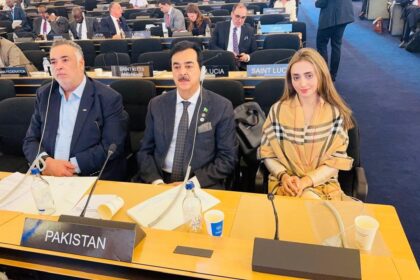Religious scholars and community leaders at a book launch in Islamabad called for a united national effort against extremism, terrorism, sectarian violence and intolerance, saying the principle of Rahmat-ul-lil-Alameen (Mercy to the Worlds) should guide Pakistan’s response. The event unveiled five new volumes by Dr Muhammad Tahir-ul-Qadri on Quranic exegesis, principles of tafsir, Hadith and Seerah studies and featured remarks praising his intellectual leadership and practical contributions to religious scholarship and social reform.
The ceremony, organized by Nizam-ul-Madaris Pakistan at the Pak-China Friendship Centre, highlighted the release of five scholarly works by Dr Qadri. Speakers said the books address contemporary challenges facing the Muslim world and provide a religious and intellectual counter to extremist ideologies, including those associated with the Khawarij.
Several participants emphasized the need for a collective struggle against militancy and sectarianism grounded in the Prophet’s message of mercy. Khurshid Nadeem, chairman of the Rehmat-ul-lil-Alameen Authority, and other speakers commended Dr Qadri for exposing terrorism and for offering moral and doctrinal clarity in troubled times. Major voices from the civil and religious establishment framed the books as tools to promote unity, tolerance and social harmony.
Speakers also praised the scholarly quality and breadth of Dr Qadri’s work. Justice Dr Syed Muhammad Anwar of the Federal Shariat Court described the publications as models of rigorous research, while Dr Hassan Mohiuddin Qadri said they strengthen calls for unity amid intellectual discord. Former IIUI vice president Dr Sajid-ur-Rehman said the works reflect early Islamic scholarship and have influenced both Eastern and Western academic circles.
Several panelists highlighted practical dimensions of Dr Qadri’s contributions. Khurshid Nadeem noted his efforts to include and empower women in religious learning; Dr Abu Bakar, chairman of Islamic Banking and Finance at IIUI, said Dr Qadri provided a detailed and viable framework for Islamic banking; and Islamabad Bar President Muhammad Naeem Ali Gujar pointed to Minhaj-ul-Quran’s free funeral services initiative in the UK as an example of community relief work inspired by the movement.
International and interfaith dimensions were stressed by other speakers. Canadian scholar Sheikh Ahmad Badran said Dr Qadri’s books offer pragmatic solutions to current issues facing Islam, while Minhaj-ul-Quran Secretary General Khurram Nawaz Gandapur said the Pak-China Friendship Hall has become a symbol of interfaith harmony and sectarian reconciliation. Abdullah Gul, chairman of Tehreek-e-Naujawanan Pakistan, reported that foreign diplomats have recognized the positive impact of Dr Qadri’s work on Muslim communities overseas.
The event featured additional remarks from figures including Maj Gen (R) Syed Azhar Abbas, Pir Syed Ali Raza Bukhari, Dr Aftab of the Islamic University, Pir Syed Ajmal Shah, Dr Habib-ur-Rehman Asim and Dr Mohsin Zia Qazi. Organizers and participants concluded the program with a prayer led by Sahibzada Ali Junaid ul Haq Gilani of Golra Sharif.











